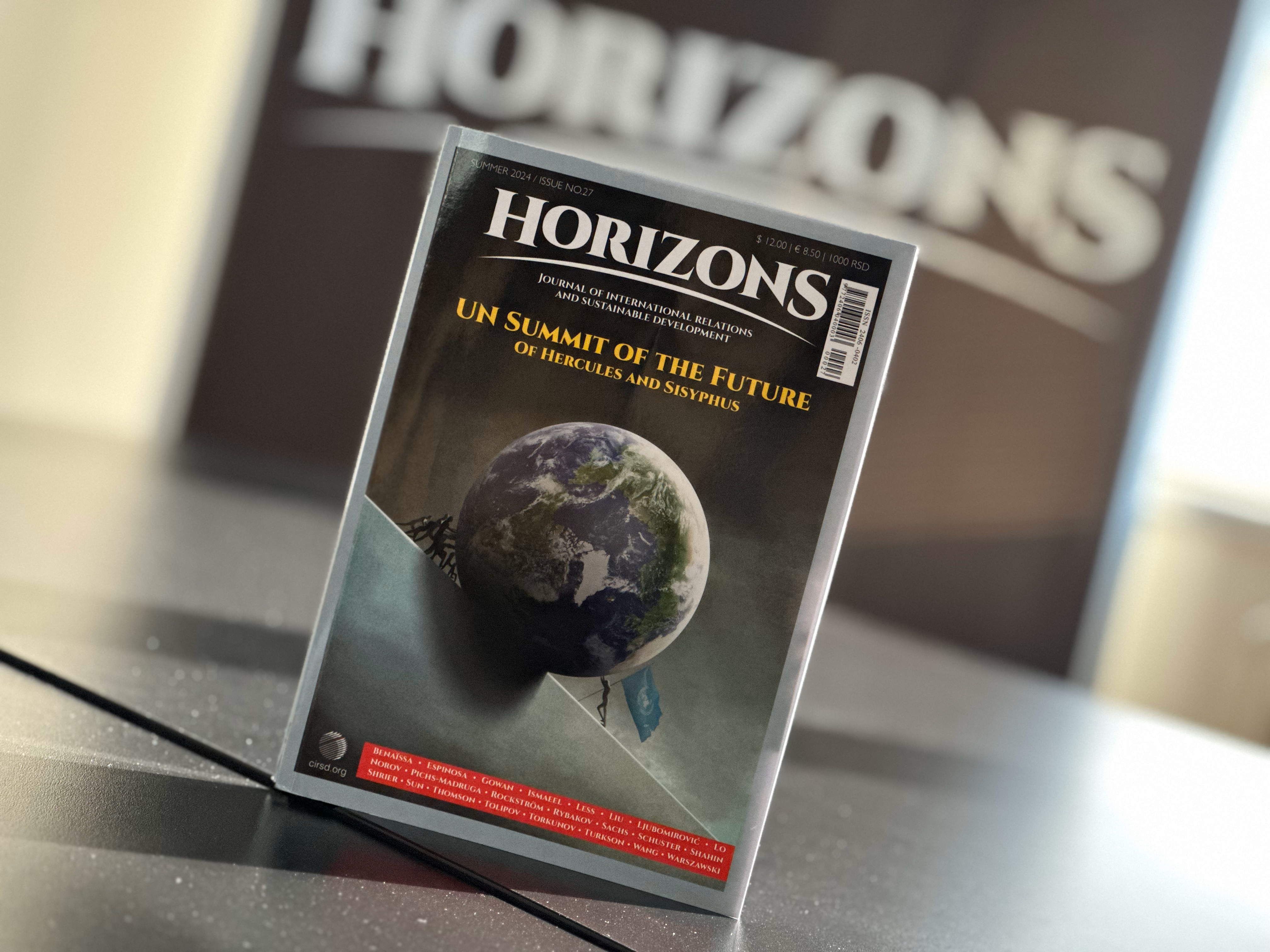European Russophobia and Europe’s Rejection of Peace: A Two-Century Failure
Europe has repeatedly rejected peace with Russia at moments when a negotiated settlement was available, and those rejections have proven profoundly self-defeating. Read more
Moscow, October 16, 2024 – The Center for International Relations and Sustainable Development (CIRSD) presented the latest issue of its flagship Horizons journal at the Moscow State Institute of International Relations (MGIMO), one of Russia’s most prestigious academic institutions.
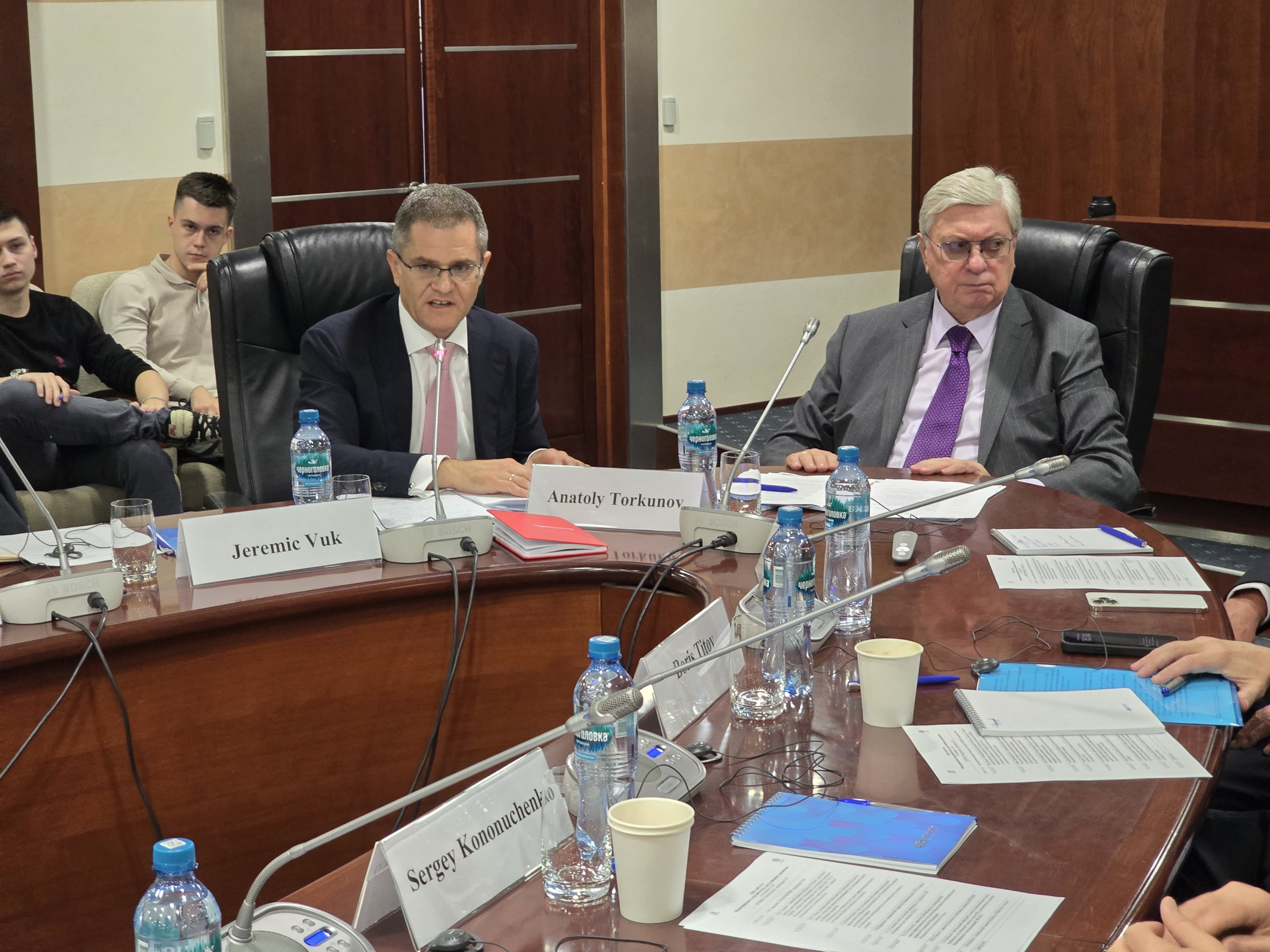
The event, titled “International Cooperation for Sustainable Development,” was co-chaired by CIRSD President Vuk Jeremić and MGIMO’s Rector, Professor Anatoly Torkunov, who is also a Full Member of the Presidium of the Russian Academy of Sciences. It brought together Russia’s thought leaders to discuss the most pressing challenges to sustainable development in today’s rapidly changing global environment. Professor Torkunov, one of the distinguished authors featured in the latest edition of Horizons, contributed valuable insights during the event.
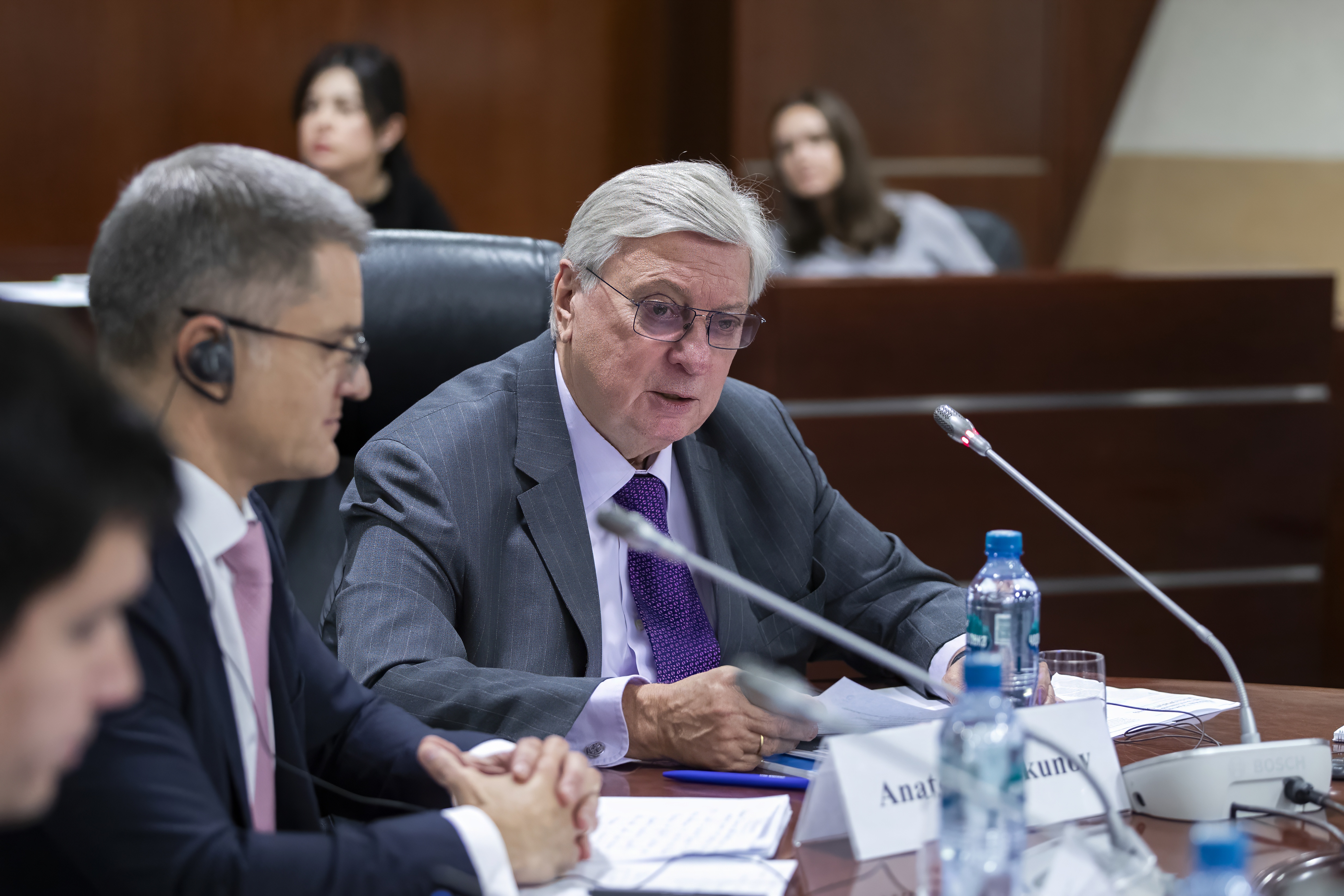
Joining the discussion were several high-profile participants, including Boris Titov, Special Representative of the President of Russia for Relations with International Organizations to Achieve Sustainable Development Goals, Sergey Kononuchenko, Ambassador and Special Representative of the Minister of Foreign Affairs of the Russian Federation on Climate Issues, Andrey Sharonov, General Director of the National ESG Alliance, Igor Yurgens, Director of the Center for Sustainable Development at MGIMO and Stefan Antić, Managing Editor of Horizons.
In his speech, CIRSD President Vuk Jeremić emphasized the complexity of achieving sustainable development, stating that “we now live in a very, very deep geopolitical recession." He attributed this recession to three primary factors: the failure to fairly integrate Russia into the post-Cold War international order, China’s successful rise, and the uneven distribution of wealth generated by globalization. The latter, Jeremić argued, has led to significant political and economic disruptions, particularly in the developed economies of the West.
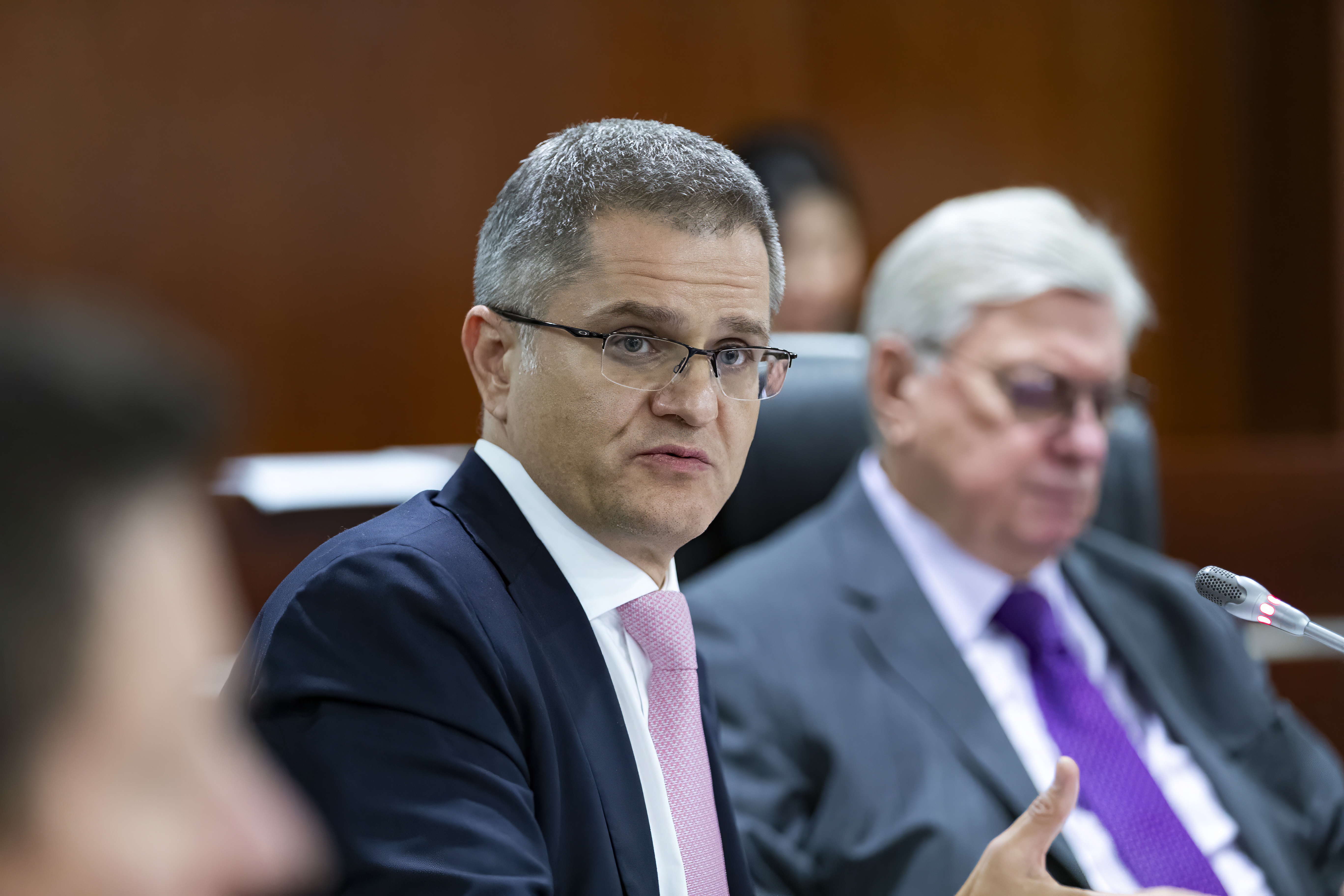
“The enormous wealth that was generated out of globalization was not mindfully distributed, especially in the West, leading to significant domestic and international complications,” Jeremić explained. He added that, in such times of geopolitical recession, “international organizations tend to suffer, become paralyzed, and blocked.”
The discussion also explored two additional global challenges: the environmental crisis, including the far-reaching impacts of climate change, and the technological revolution, particularly advancements in artificial intelligence. “These two factors further complicate international cooperation, making it exceptionally difficult to achieve sustainable development,” Jeremić said.
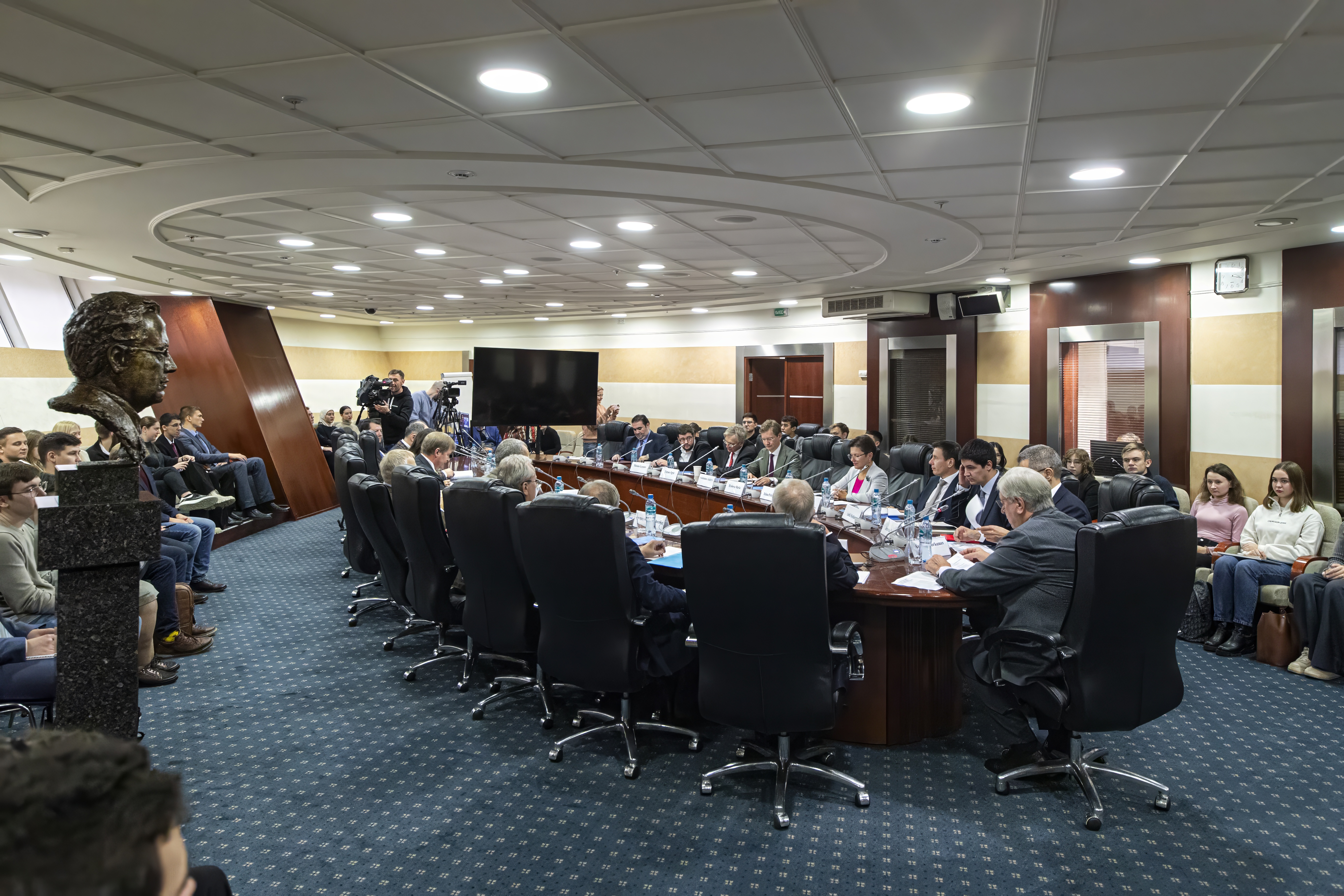
He also reflected on the decline of the unipolar world order, previously dominated by Western hegemony. "This era rested on three American monopolies: the use of military force to pursue national interests, the dominance of the U.S. dollar, and the technological superiority," Jeremić noted. He explained that all three monopolies are now under pressure, with China’s rise in the technological domain, Russia’s military operation in Ukraine and ongoing global discussions aimed at creating an alternative international payments system.
The event concluded with a focus on the future, as Jeremić quoted the late Russian ambassador to the UN, Vitaly Churkin, saying that "there's one common thing to all wars—they end." Jeremić added, “The question is, what happens after they end? Now is the time to focus on the future and work toward sustainable development goals, preparing for the moment when common solutions become possible once again.”
